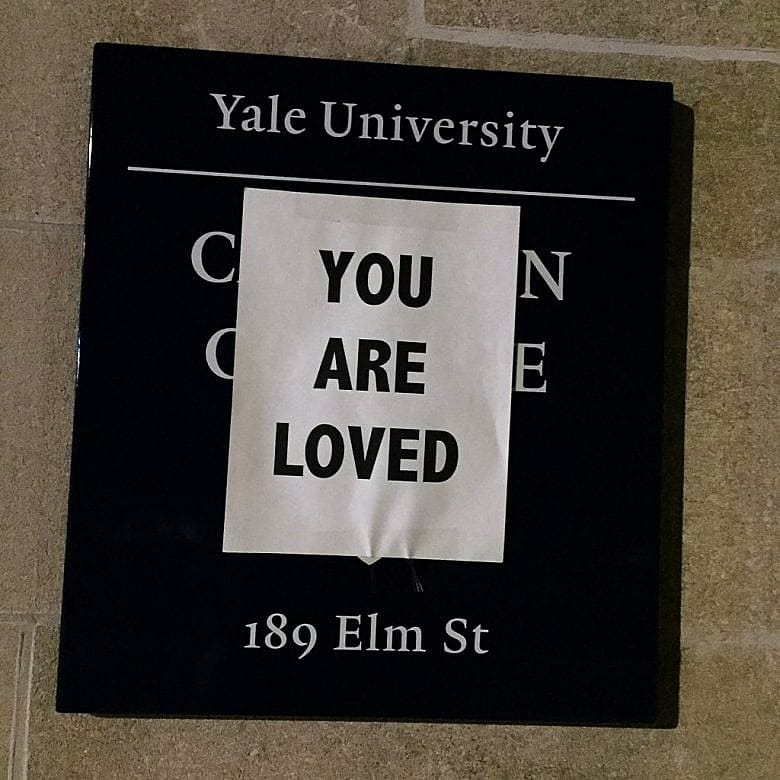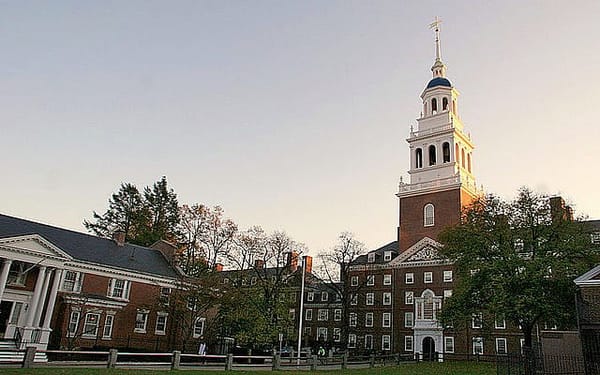Yale dumps ‘master’ title, preserves ‘triggering’ Calhoun name

NEW HAVEN — Yale University will keep the name of a residential college named after a 19th century alumnus and statesman, best known for his vehement defense of slavery, but will eliminate the title of "master" for faculty who live among the students and supervise residential facilities, even though the school's use of the "master" title has zero relationship to slavery.
Last fall, Yale was one of several campuses that erupted in protest over the names of its buildings. At Yale, activists held rallies aimed at convincing administrators to delete references to historical figures, including John C. Calhoun, a 1804 graduate of Yale College, who defended slavery and articulated the legal rationale for state nullification of federal law and secession from the union.

